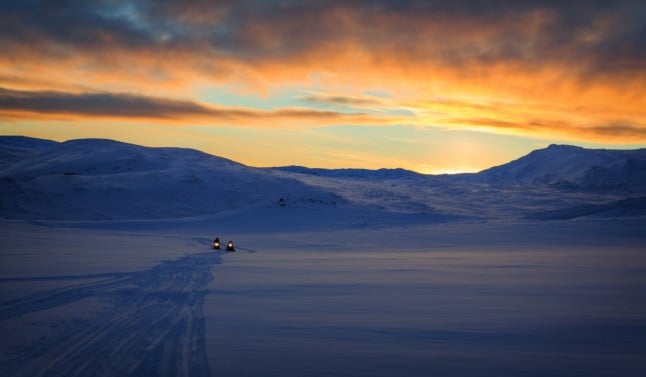The price of shares in the group, known for its logo of a dog with six legs, jumped by 3.37 percent to €18.72. The overall Milan market was up 0.89 percent.
The company said adjusted net profit was €1.17 billion, down 29.4 percent compared to the figure in the same period in 2012.
Financial analysts had expected an adjusted net profit of about €1.0 billion for the quarter. Over a nine-month period, the group's net profit dropped 41 percent to €3.13 billion, the company said in a statement.
ENI said it had made a net gain of €3.0 billion on the sale of its interest in rights in Mozambique to China's CNPC.
However, chief executive Paolo Scaroni said the company had been hit by "difficult market conditions in the European markets of mid and downstream, but also by the extraordinary reductions of production in Nigeria and Libya, and by the appreciation of the euro".
Oil and gas production for the quarter fell 3.8 percent to 1.653 million barrels of oil a day due to "extraordinary reductions in Nigeria and Libya," where production disruptions have significantly affected output.
Don't miss a story about Italy – Join us on Facebook and Twitter.



 Please whitelist us to continue reading.
Please whitelist us to continue reading.
Member comments